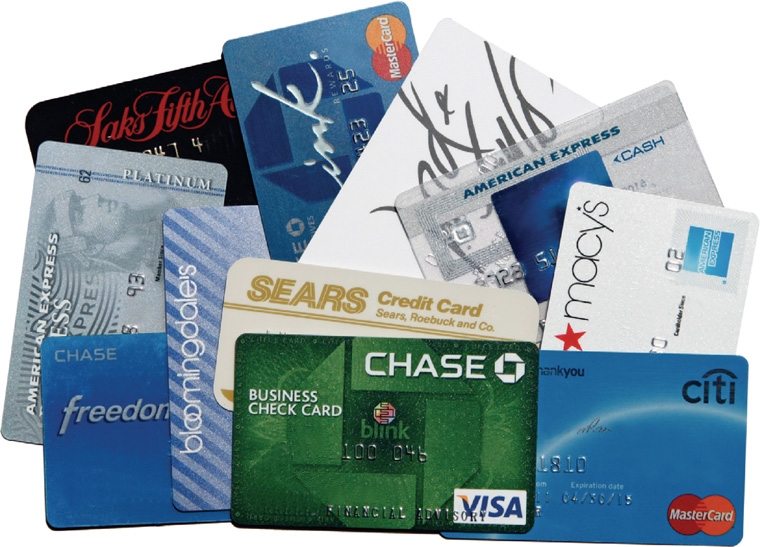Citi Puts Card Holders “inControl”

In late 2010, Citi, a global financial services company with 200 million customers in 160 countries, became the first American company to introduce MasterCards with a special set of features known as inControl. Previously introduced in the United Kingdom by Barclays Bank, inControl cards contain budgeting and alert features that help credit card holders stay within their spending limits and prevent credit card fraud. With inControl, card holders can do the following:
- Set up and manage spending limits
- Set up budgets for particular types of spending
- Manage where, when, how, and for what types of purchases their credit cards can be used
- Receive alerts, via text or e-
mail, to safeguard against overspending and fraud
Users can customize their cards, choosing to receive alerts only when they are exceeding their limits or to have a card declined when a limit is breached. So, for example, if you choose the latter and have set a monthly limit on restaurant meals, your card will be rejected for restaurant bills above your pre-
inControl is not the first product that alerts card holders when they have exceeded their limit. Mint.com offers such a service, but you have to log into your bank’s website to retrieve updates, and those sites are updated only every 24 hours. In contrast, alerts from inControl happen in real time. Until inControl was introduced, no other product allowed you to completely cut off certain types of spending. “The personalization of consumer products has reached far deeper than it ever has before,” says Ed McLaughlin, chief payments officer of MasterCard.
But what about the obvious question of whether credit card companies are hurting or helping themselves by introducing this product? After all, if consumers get serious about budgeting and place caps on their credit card spending, won’t that reduce the interest that credit card companies profit from? In answer to this question, McLaughlin replied, “I think anyone knows that having a superior offering wins out in the long run.”
The service, though, is not ironclad—
In the end, how well inControl does, and whether something like it is adopted by competitors like VISA, depends on whether customers actually use the service and how much customers’ newfound discipline hurts credit card companies’ bottom lines.
Questions for Thought
Question
1. What aspects of decision making does the inControl card address? Be specific.
Question
2. Consider credit scores, the scores assigned to individuals by credit-
Question
3. What do you think explains Ed McLaughlin’s optimism that his company will profit from the introduction of inControl?